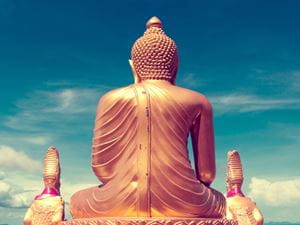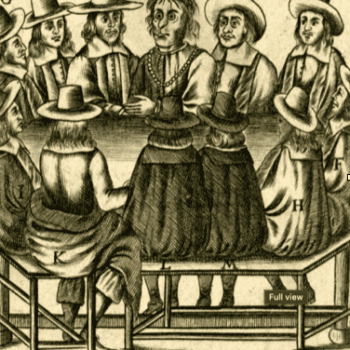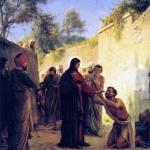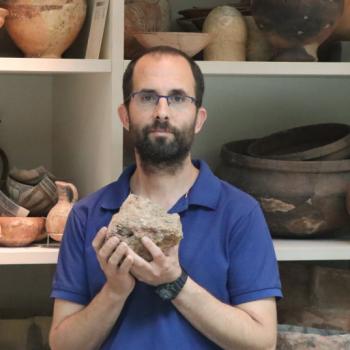
Is Buddha a God?
In Buddhism, the Buddhas are not Gods. They are viewed as great moral teachers and serve as examples of the ideal each Buddhist should aim to achieve. They are not, however, worshipped as deities. In fact, Buddhism does not have gods or goddesses in the way that most religions understand.
Buddhism is an atheistic religion. This means that Buddhists do not believe in a specific God, Goddess, or set of Gods and Goddesses. In Buddhism, nothing is eternal, so there can be no eternal deity. Similarly, one of the most basic ideas of Buddhism is that everything must come from something. This means that there is no place in Buddhism for any sort of true Creator that Western religions would recognize. There is also no pantheon of truly immortal deities in the way that would be conceived of in polytheistic or other Eastern religions.
The “gods” found within Buddhism are neither immortal nor perfect nor all-powerful. They are flawed beings who will eventually die and be reborn into another life. Their lives are long and pleasant, but rebirth as a god or deva uses up much of a person’s good karma and will likely lead to rebirth in an unpleasant situation later. Though deva is usually translated as “god,” the devas are not the focus of much veneration nor can they help in the pursuit of enlightenment. Instead, devotion is focused on the Buddhas and bodhisattvas.
Gautama Buddha: The Enlightened One
Gautama Buddha, sometimes referred to as Shakyamuni Buddha, is the figure that most people in the West picture when someone describes the Buddha. Born as Prince Siddhartha Gautama in the 5th century B.C., Gautama Buddha left his life of luxury behind to seek enlightenment. As he was sitting under a Bodhi tree meditating, Siddhartha Gautama achieved enlightenment and became a buddha, an “awakened one.” He then went on to write the sutras that almost all Buddhists look to for guidance.
Other Enlightened Beings in Buddhism
While Gautama Buddha is the best-known Buddha in the world, he is not the only person Buddhists believe ever achieved complete enlightenment. In theory, anyone willing to put in the work could become a Buddha. Another person believed to have done that is Amitabha Buddha. Amitabha Buddha is the focus of a Buddhist tradition known as Pure Land Buddhism. A form of Mahayana Buddhism most commonly found in East Asia, Pure Land Buddhism holds that those who call on Amitabha’s name will be reborn into the Pure Land with Amitabha. Those who achieve rebirth in the Pure Land are not necessarily liberated from the cycle of rebirth, but it is much easier to work toward enlightenment and liberation while in the Pure Land.
There are other Buddhas besides Gautama Buddha and Amitabha Buddha, and there are also numerous bodhisattvas to be found in Buddhism. In Mahayana Buddhism, a bodhisattva is an enlightened being who could reach nirvana and escape the cycle of suffering and rebirth but nonetheless chooses to be reborn in order to save other beings who are suffering. In the Mahayana school of Buddhism, this is seen as one of the greatest acts and paths of compassion possible. Like the Buddhas, they are not worshipped as gods, but they are viewed as figures worthy of great reverence and devotion in Buddhism and seen as some of the greatest moral teachers in history. As such, they are venerated and viewed with devotion.
Read more about Buddhism’s understanding of divine beings here.
11/15/2023 1:24:51 AM









